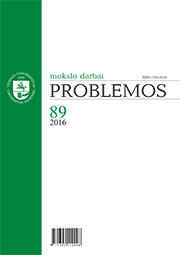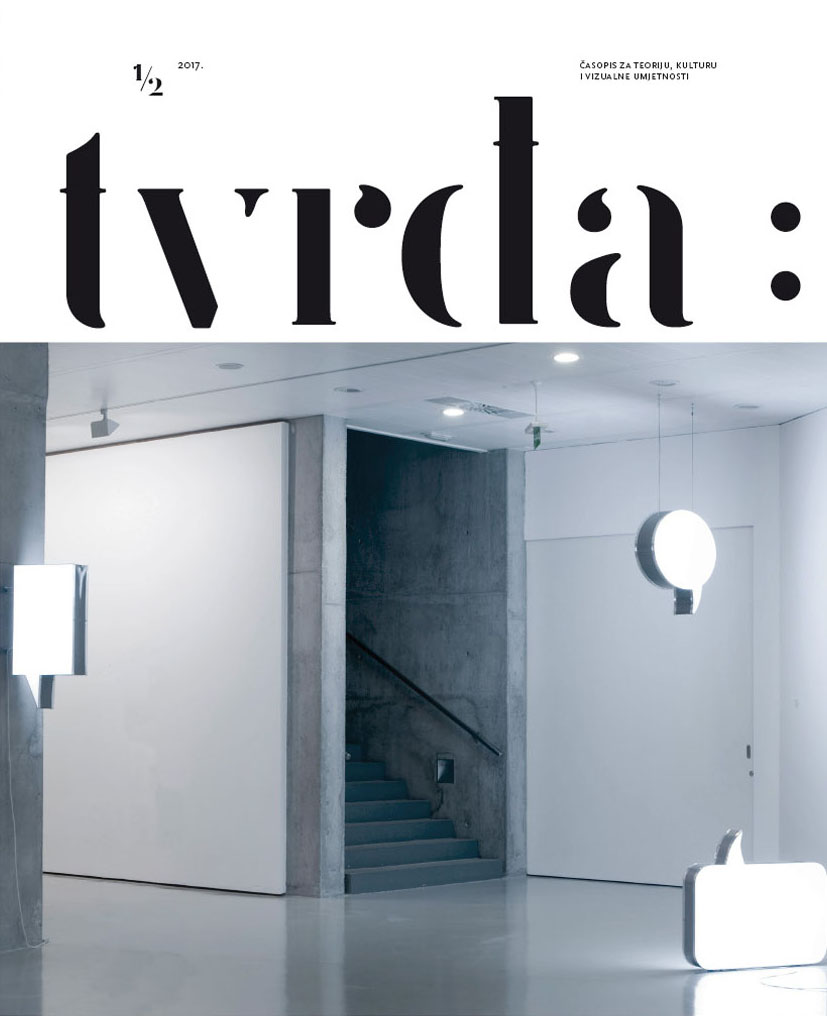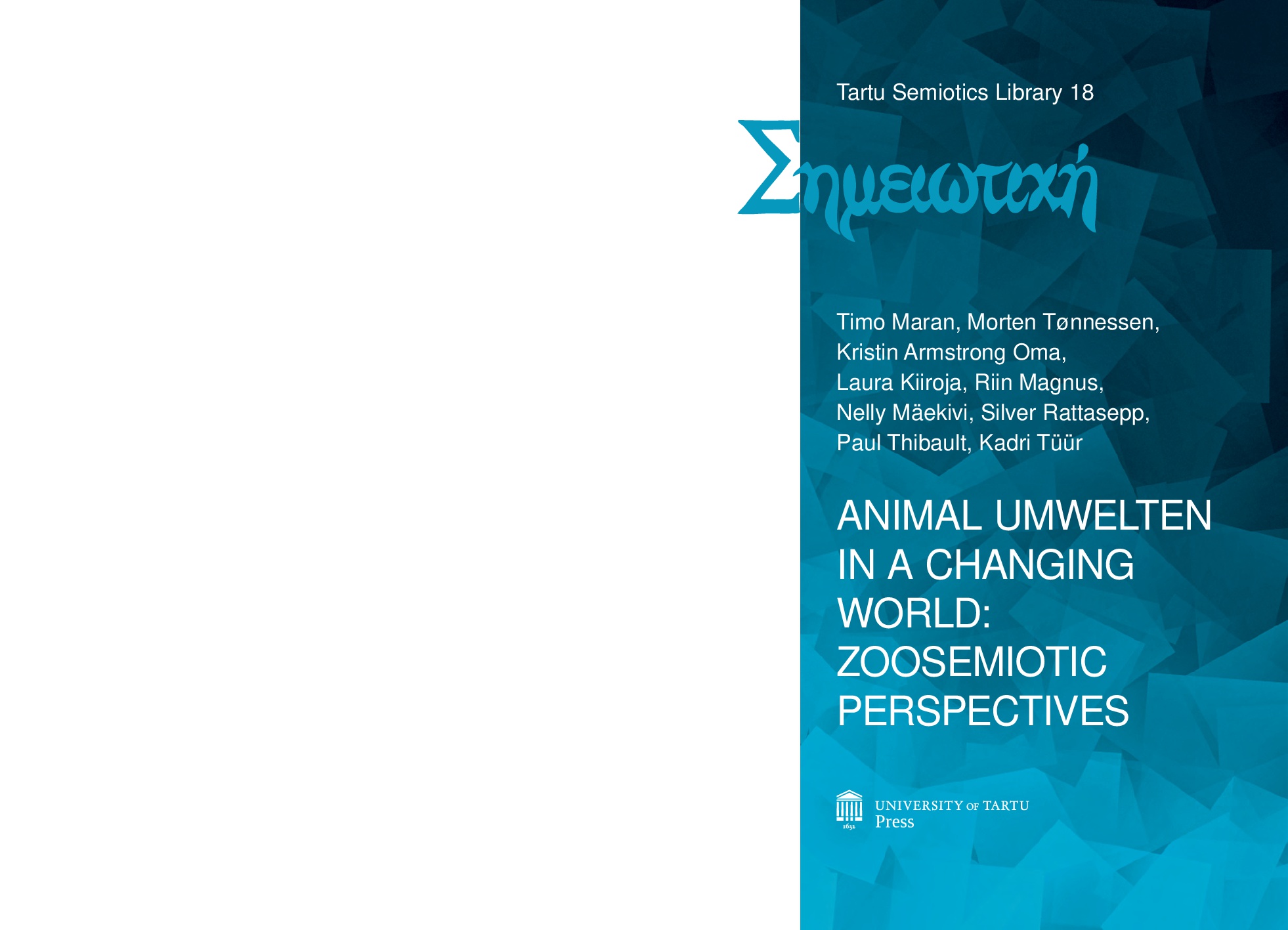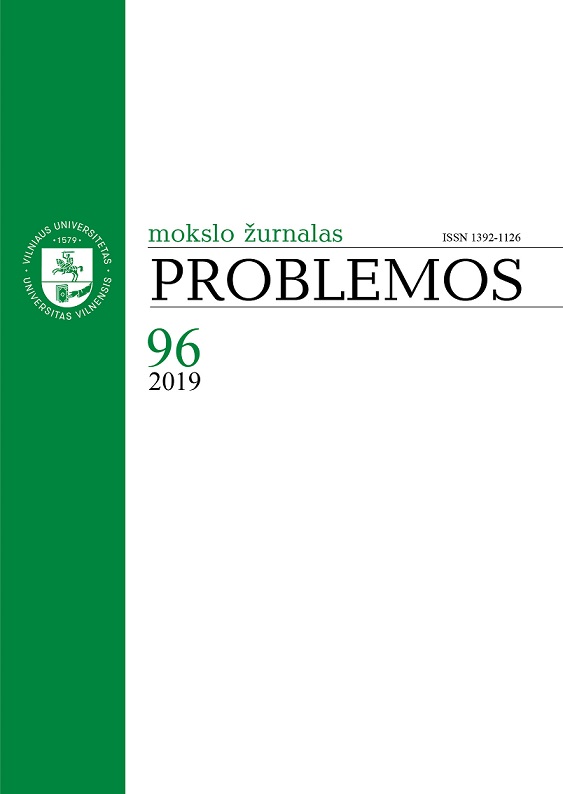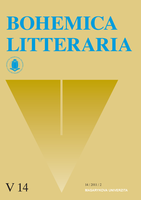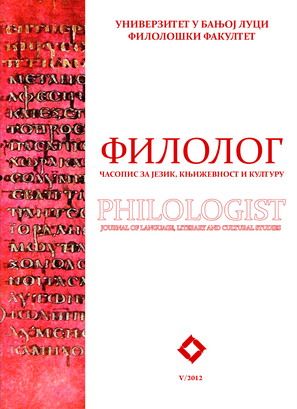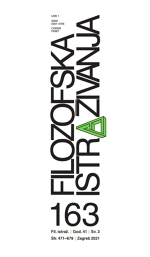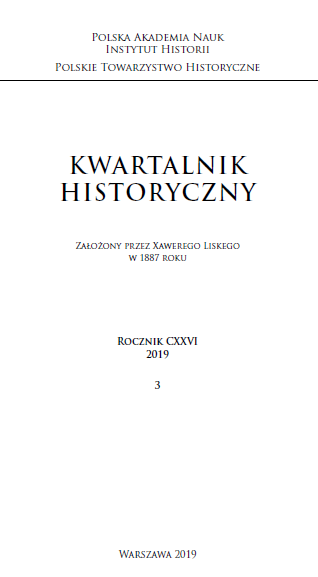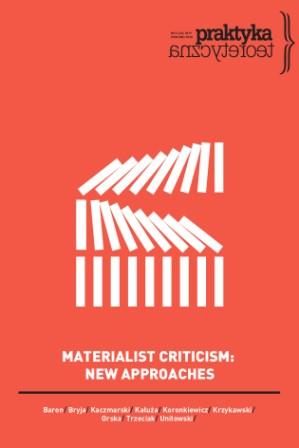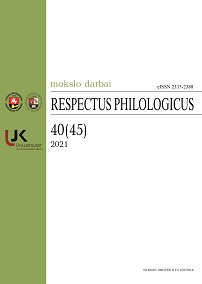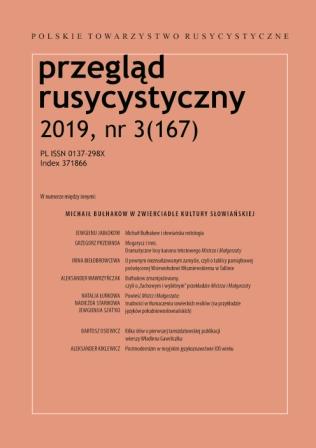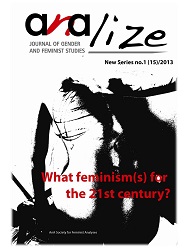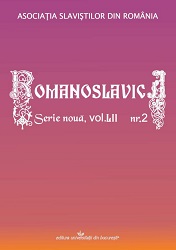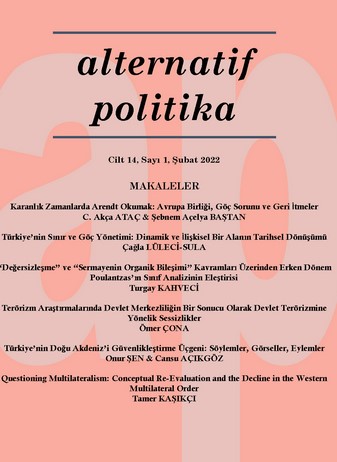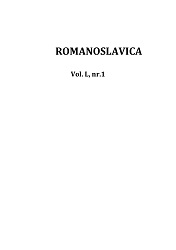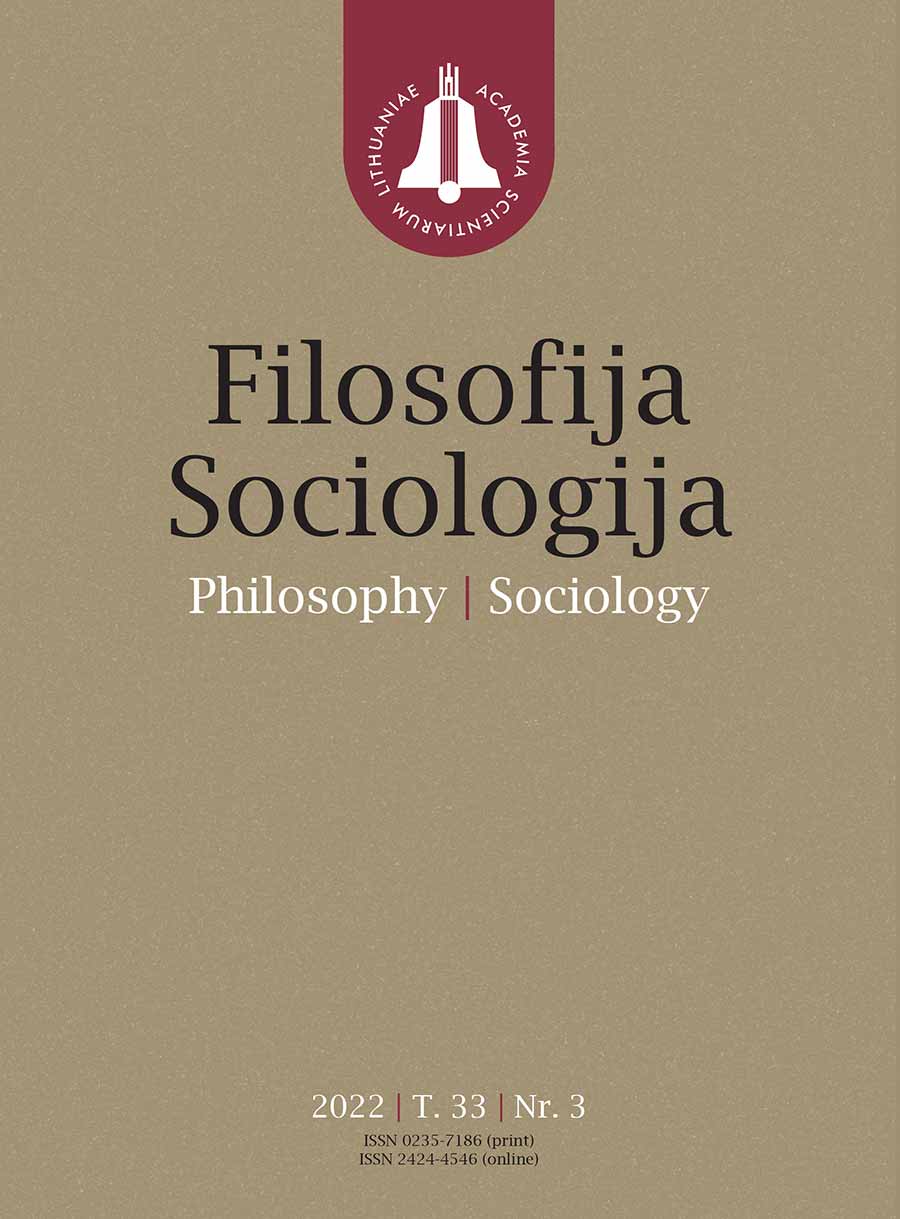POISTORĖ VIETOJ POSTMODERNYBĖS: J. BAUDRILLARD’AS
This article represents a reflection on J. Baudrillard’s conception of posthistory – essentially different from nowadays so widespread conception of the end of history as a diagnosis of postmodernity. What is a difference between a posthistory and a postmodernity? The authoress asserts that an interpretation of history given by J. Baudrillard defines contemporary social and ontological existence in a much more precise way than theories of the end of modernity or postmodernity. Why is this so? It is so because of the fundamental category which organizes an interpretation of history by this thinker – the nihilism. The authoress of this article defines J. Baudrillard’s historical nihilism as a “transparent” one basing herself on the fact that the thinker applies a diagnosis of posthistory to media which has destroyed a reality rather than to reality itself. It is on the ground of above-mentioned category of “transparent” nihilism that problems of J. Baudrillard’s posthistory are being analysed. On the first part of the article an authoress reflects a role of media in contemporary world under an ontological point of view stressing a decay of binary opositions – a decay so pernicious for reality. In the second part conceptions of postmodernity and posthistory are compared stressing the fact that postmodernity treats contemporary epocha s a continuation of history whereas posthistory treats it as a situation outside the history. It is shown in the end that although a diagnosis of postmodernity regarding a contemporary epoch is particularly widespread it is not precise nevertheless. This is why it is proposed to substitute it for conception of posthistory arguing that times are fundamentally different from the rest of historical periods.
More...
